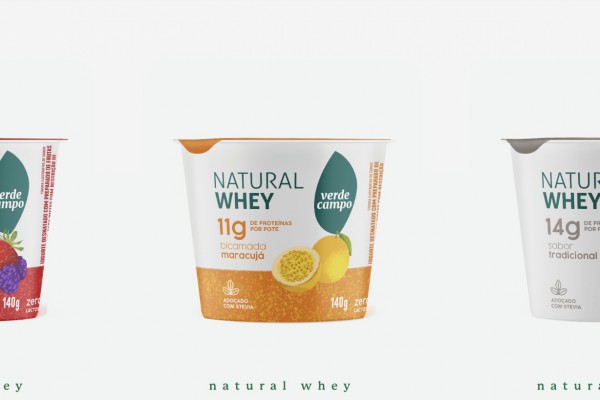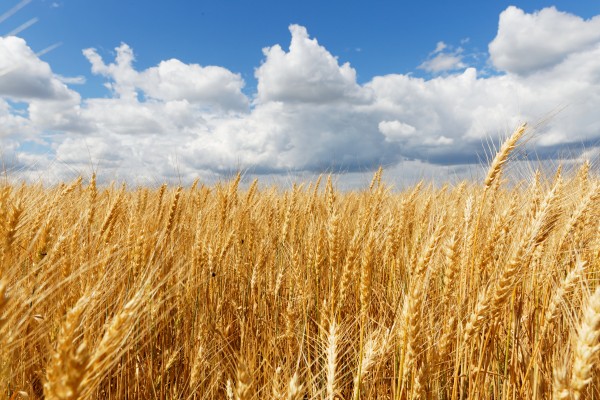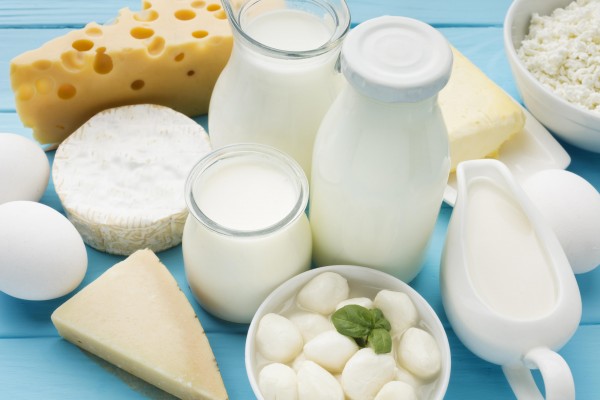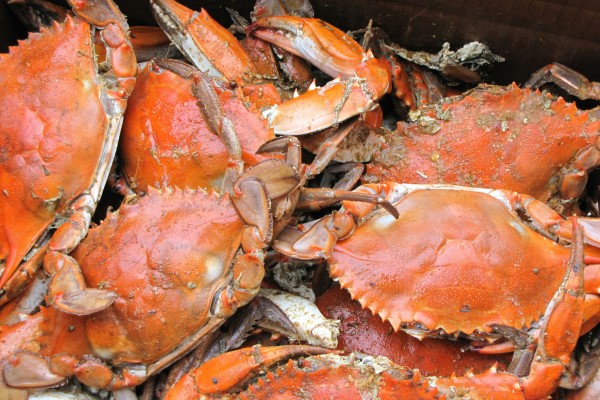The deal is subject to approval from Brazil's antitrust regulator.
US grain trader Cargill has entered into an agreement to acquire assets from Brazilian biodiesel producer Granol Industria Comercio e Exportacao.
Cargill will acquire three three soybean processing plants and four storage facilities in the deal with Granol. The company has submitted a proposal for the acquisition of the assets to Brazil's antitrust authorities for approval of the transaction. Financial terms of the deal were not disclosed.
If the deal goes through, Cargill would have nine Brazilian soy crushing plants, equaling Bunge, according to data from oilseed lobby Abiove.
The deal reflects the growing importance of the biodiesel market in Brazil, which is the world's largest producer and exporter of soybeans, says Mikhail Shikhmuradov, an expert at the BRICS Competition Centre.
"Brazil is pursuing a national policy to increase the use of biodiesel as a renewable and low-carbon transportation fuel, especially for heavy-duty vehicles. This policy includes a minimum blending of biodiesel with fossil diesel, which is currently 12% (B12) and will gradually increase to 15% (B15) by 2026,"
emphasizes the expert.
Some 68% of Brazil’s biodiesel is produced from soybeans, according to Abiove, which projects this year’s national output of the biofuel at 7 billion liters.
Cargill’s move is a sign of likely consolidation in the local soy crushing industry at a time of cheap soybean supplies after a bumper crop in 2020/21, which is expected to be repeated in the 2021/22 and 2022/23 seasons.
The acquisition will expand Cargill’s processing footprint in Brazil, the world’s largest producer and exporter of soybeans, while increasing the company’s biofuel-making capacity.
The deal reinforces how Cargill sees Brazil as a strategic player as well as the importance of biodiesel and renewable energy for the company, spokesperson Felipe Fonseca said Monday in an emailed statement.
As Mikhail Shikhmuradov points out, Brazil's domestic soybean processing capacity is still below the export-oriented surplus, creating an opportunity for foreign investors such as Cargill to acquire existing assets and increase its market share.
In June, Cargill expressed an interest in bidding for the assets of another privately owned crusher, Imcopa, which is in bankruptcy.
The transaction also has some potential risks related to the regulatory environment and the global situation in the grain trader market, the expert points out.
- The deal must be approved by Brazil's antitrust authorities, which may impose some conditions or restrictions on Cargill's operations to ensure fair competition and consumer protection. For example, Bunge had to sell one of its soybean crushing plants in 2019 to get regulatory approval to acquire two other plants from LDC.
- The deal could also be hindered by other grain traders or local players trying to make a counter move or block it. For instance, ADM, another global grain trader, has also expressed interest in expanding its soybean crushing capacity in Brazil.
- The deal could be affected by the global position of grain traders who have to consider environmental and social issues such as deforestation, land use change, human rights violations and climate change. For example, Bunge and Viterra, which recently announced their merger, cite sustainability as one of the goals of creating a diversified global agribusiness company.
✔️Granol is Brazil’s largest producer of biodiesel, according to the website of the closely held company.
✔️Cargill is one of the largest international producers and distributors of agricultural products. The Company produces grains and oilseeds and provides farmer services and risk management solutions, as well as offers animal nutrition, biofuels, meat and poultry, food, and industrial products. The company is headquartered in Minneapolis.




